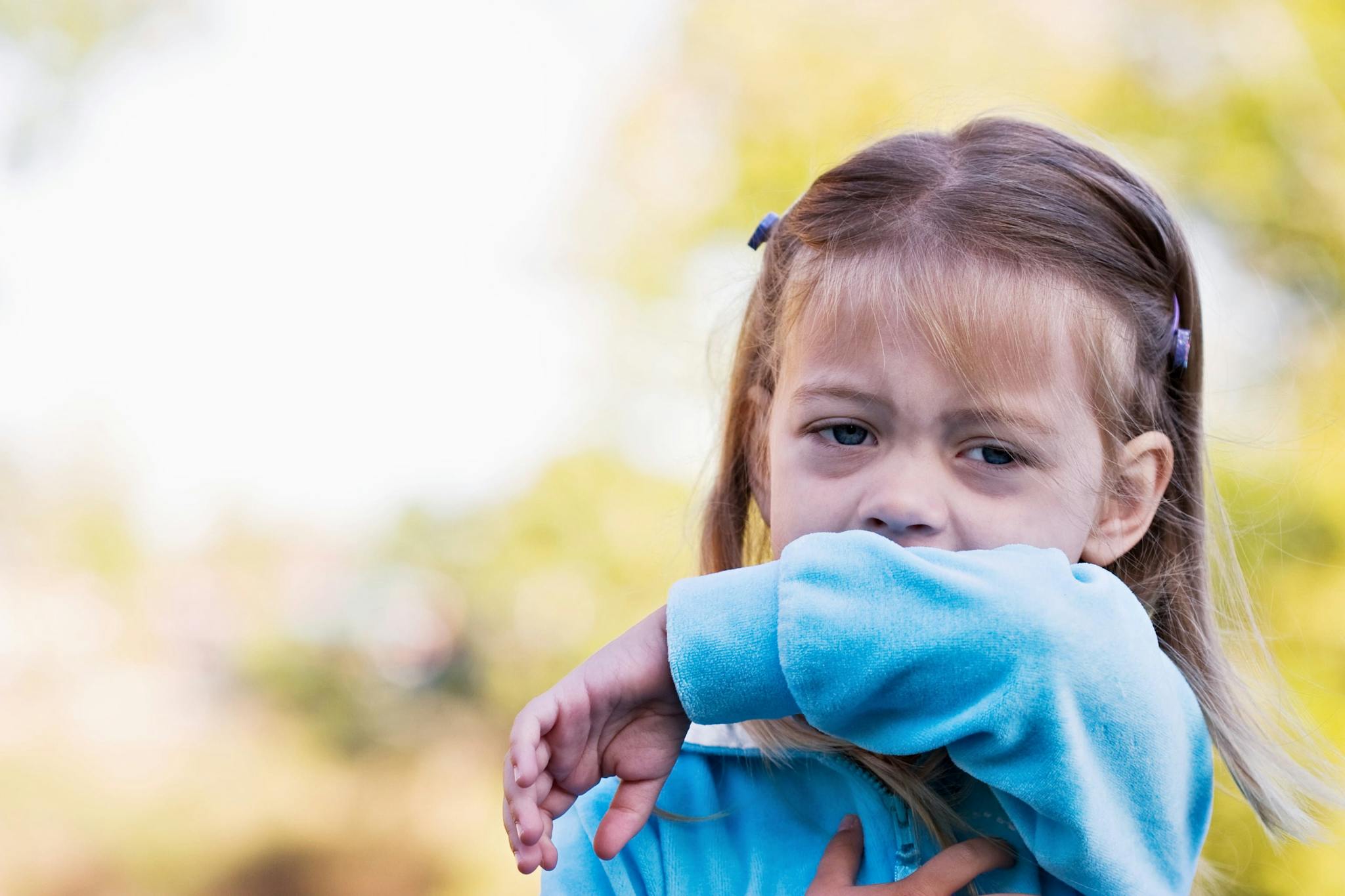
2025-06-10T13:54:10
Understanding Skin Grafts
- Dermatology
- Family Medicine
- Internal Medicine
- Orthopedics
June 21, 2019 | Family Medicine

If your child has a bad cough and rapid breathing, pneumonia could be the culprit. This lung infection can be alarming to parents because it can affect a child of any age and is one of the most common causes of hospital stays, according to The American Lung Association.
Pneumonia occurs when the lungs’ air sacs fill with fluid, which means oxygen cannot reach the body’s organs and tissues.
Viral pneumonia is the most common form of pneumonia, and it can stem from a common cold. Symptoms of viral pneumonia typically develop after several days. Bacterial pneumonia, however, can present a sudden onset of symptoms and is caused by several different types of germs.
If the following symptoms are present, your child may have pneumonia:
Some children will not have any symptoms, which is more common for newborns and infants.
Unvaccinated children are at a higher risk of pneumonia. The American Academy of Pediatrics recommends all children should receive the PCV13 vaccine, which requires several doses beginning at 2 months of age and ending at 12 to 15 months. Children younger than 2 are at higher risk compared to older children, as their immune systems are not yet fully developed. Secondhand smoke also increases a child’s risk of developing pneumonia.
Other children who are more prone to getting pneumonia may have:
Children with any of these risk factors should receive the PPV23 vaccine between ages 2 and 5. Receiving an annual flu shot is another step toward prevention.
Viral pneumonia can last up to six weeks. However, most children recover quickly with proper care—although a cough may linger once other symptoms are gone. If bacteria is the cause of the infection, your doctor will prescribe an antibiotic. If your child has a severe case of pneumonia and requires a hospital stay, treatments may include oxygen therapy, breathing support and/or IV antibiotics.
Treatment tips for parents include:
Get medical help right away if you notice the following symptoms, as these can be signs of spreading infection:
“Learn About Pneumonia.” American Lung Association.
“Pneumonia.” American Academy of Pediatrics.
https://www.healthychildren.org/English/health-issues/conditions/chest-lungs/Pages/Pneumonia.aspx
“Pneumonia.” KidsHealth from Nemours.
WRITTEN BY:
The Live Better Team

2025-06-10T13:54:10

2025-04-24T14:00:43

2025-03-10T14:24:39

2025-01-21T10:28:42
This information is not intended to replace the advice of a medical professional. You should always consult your doctor before making decisions about your health.